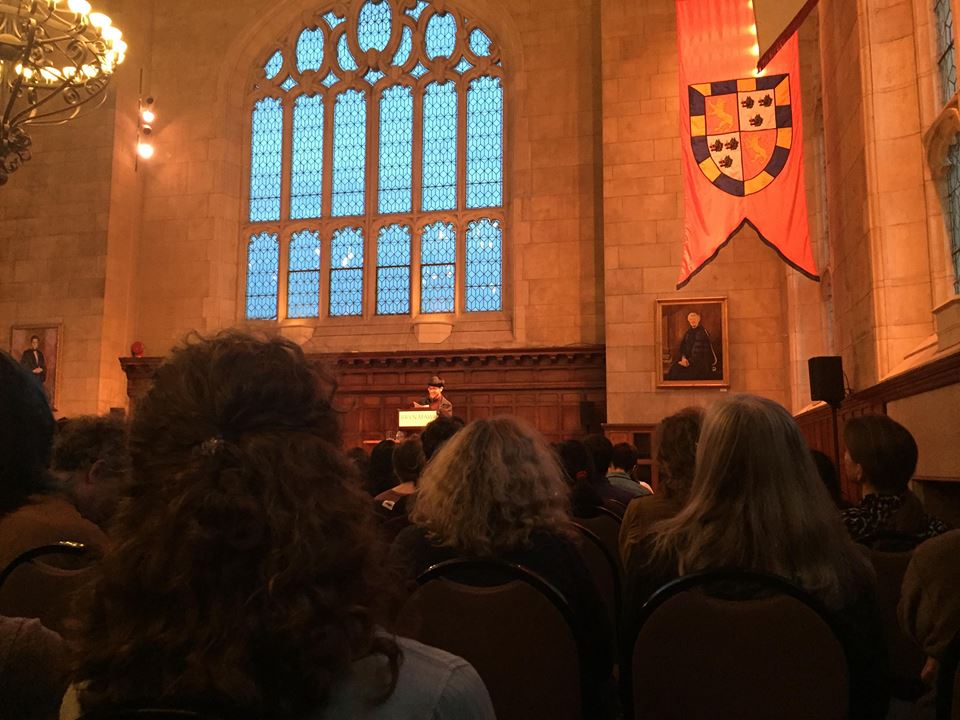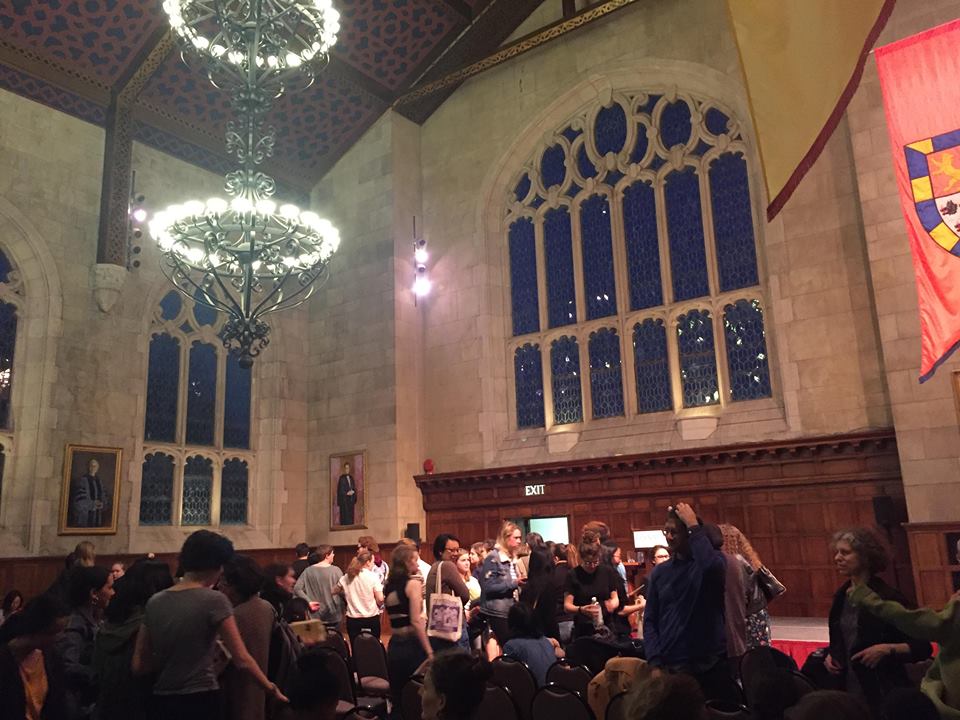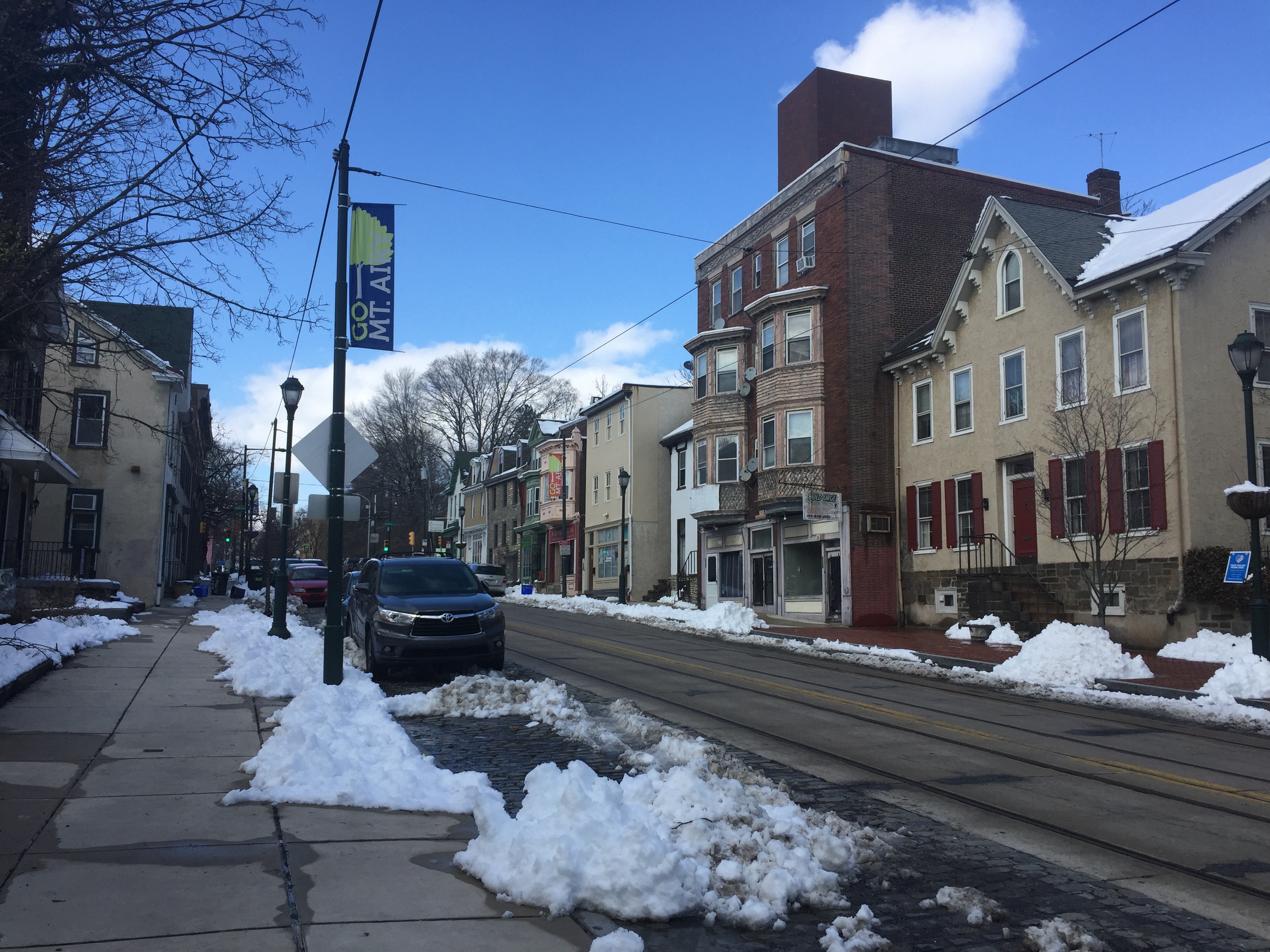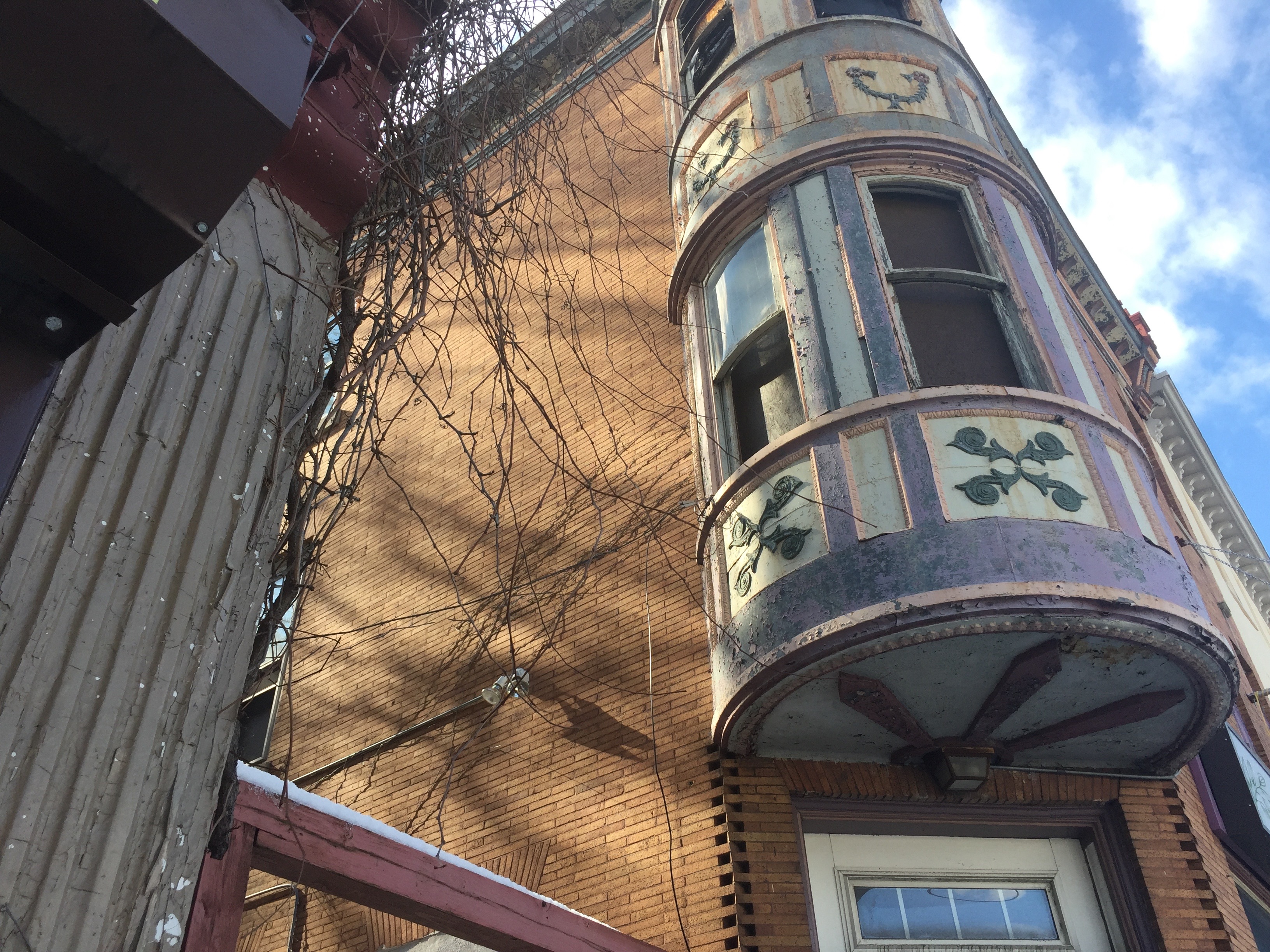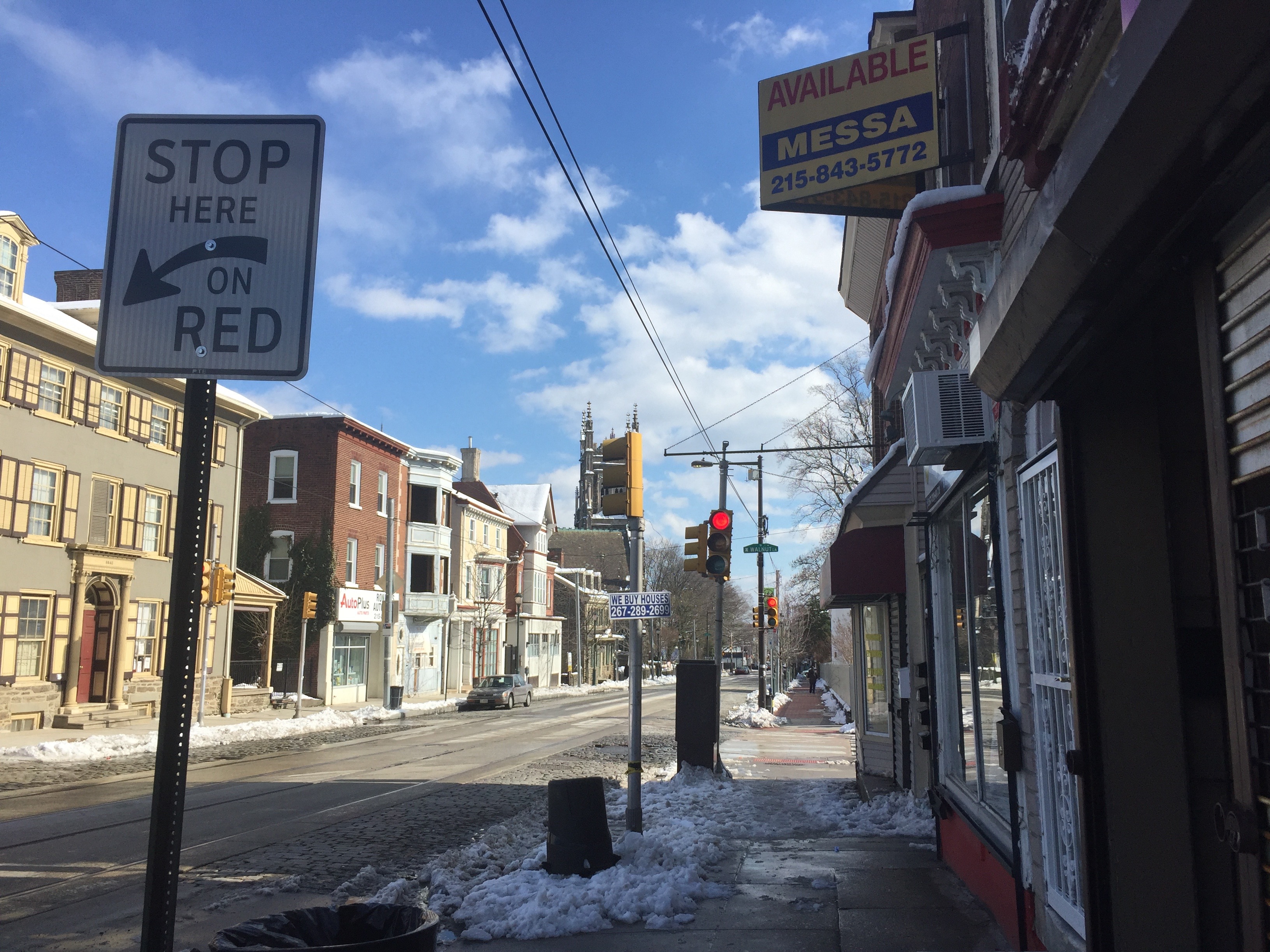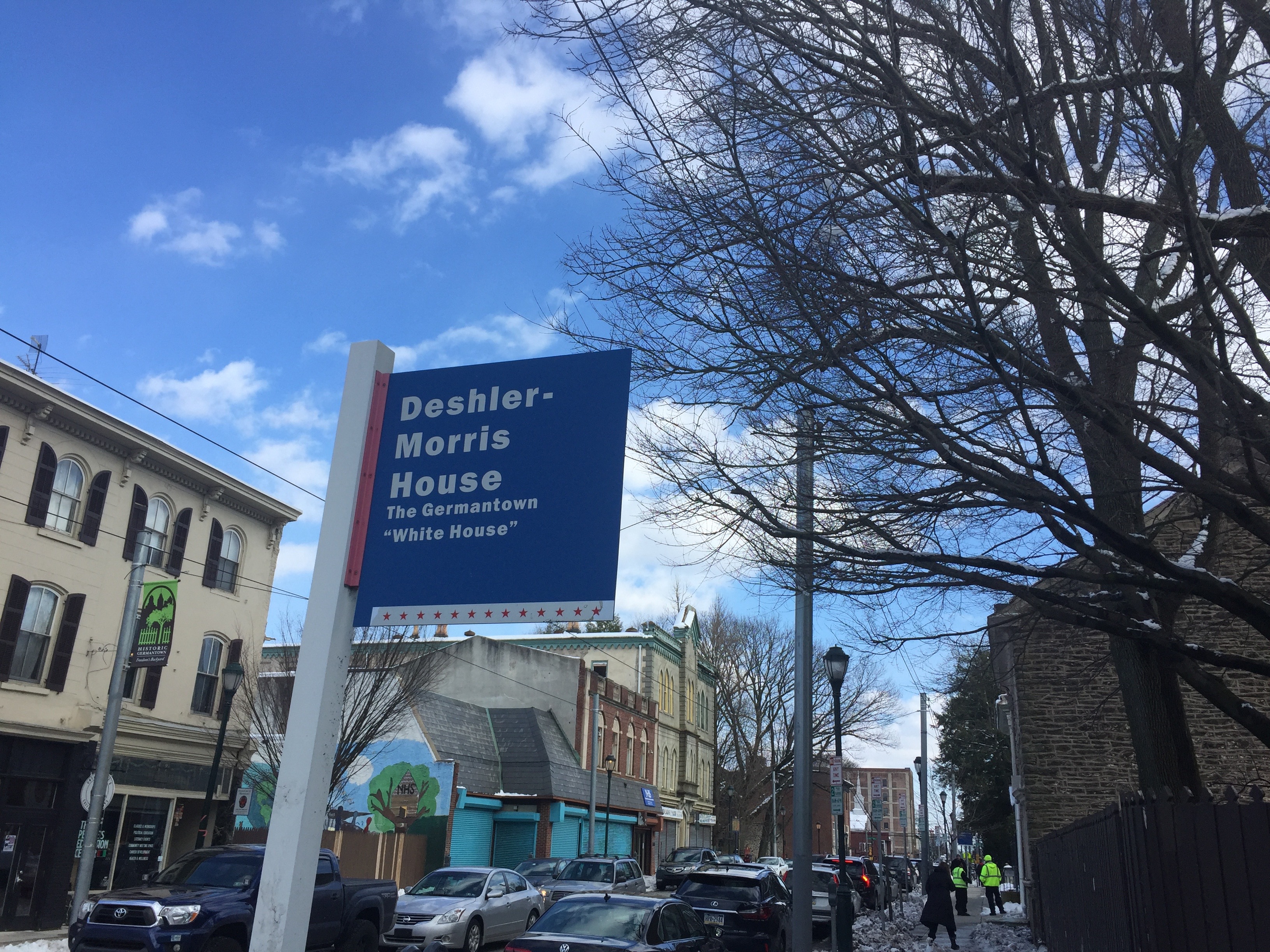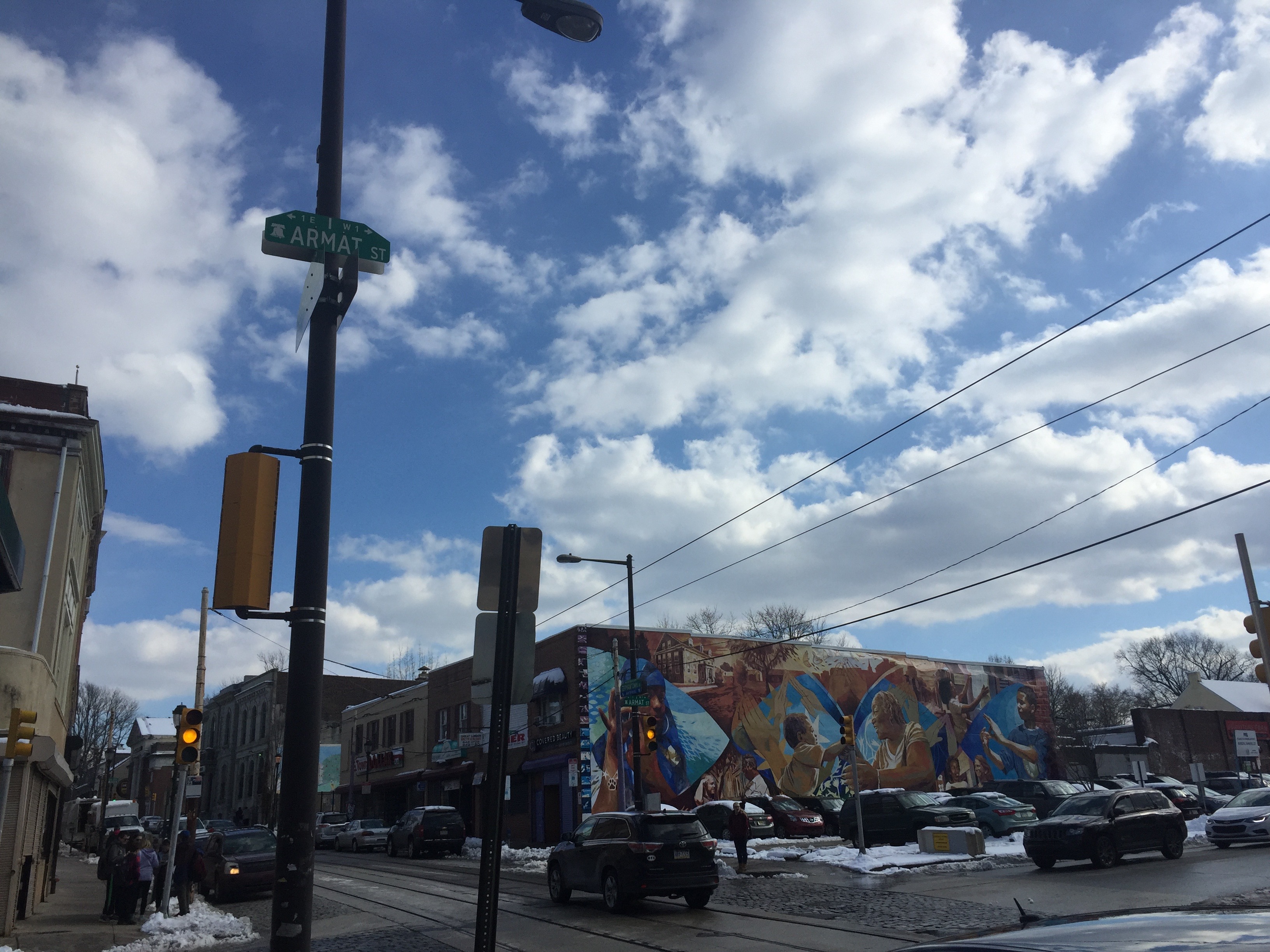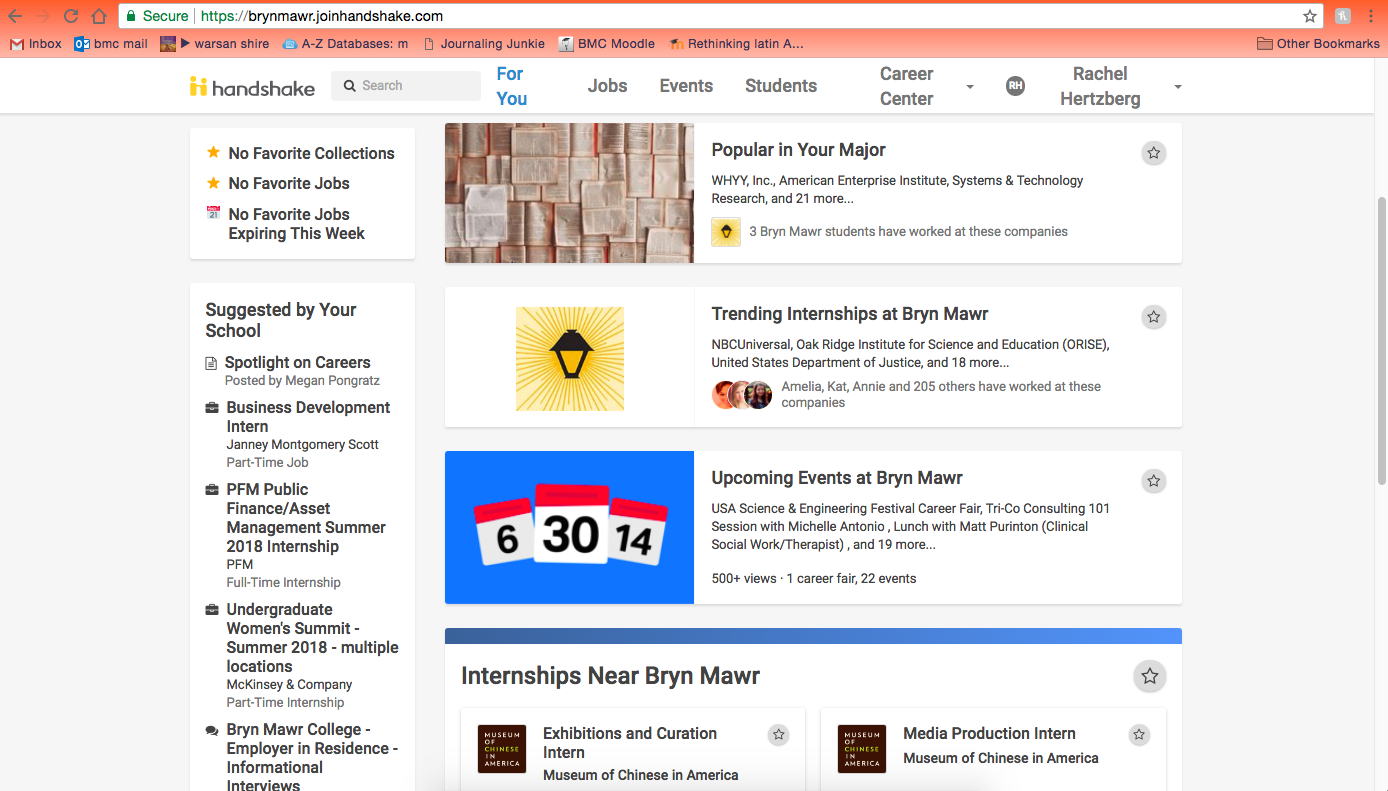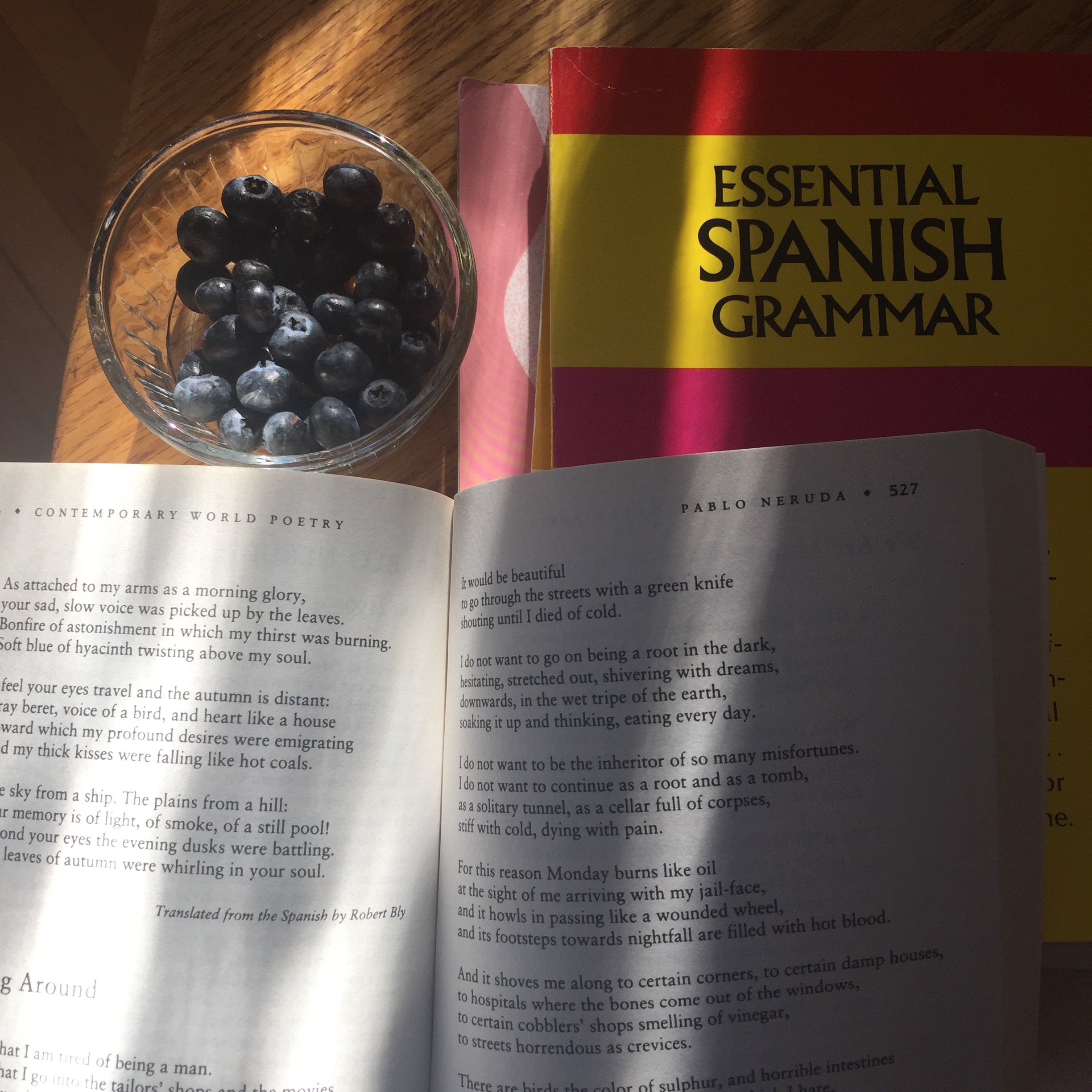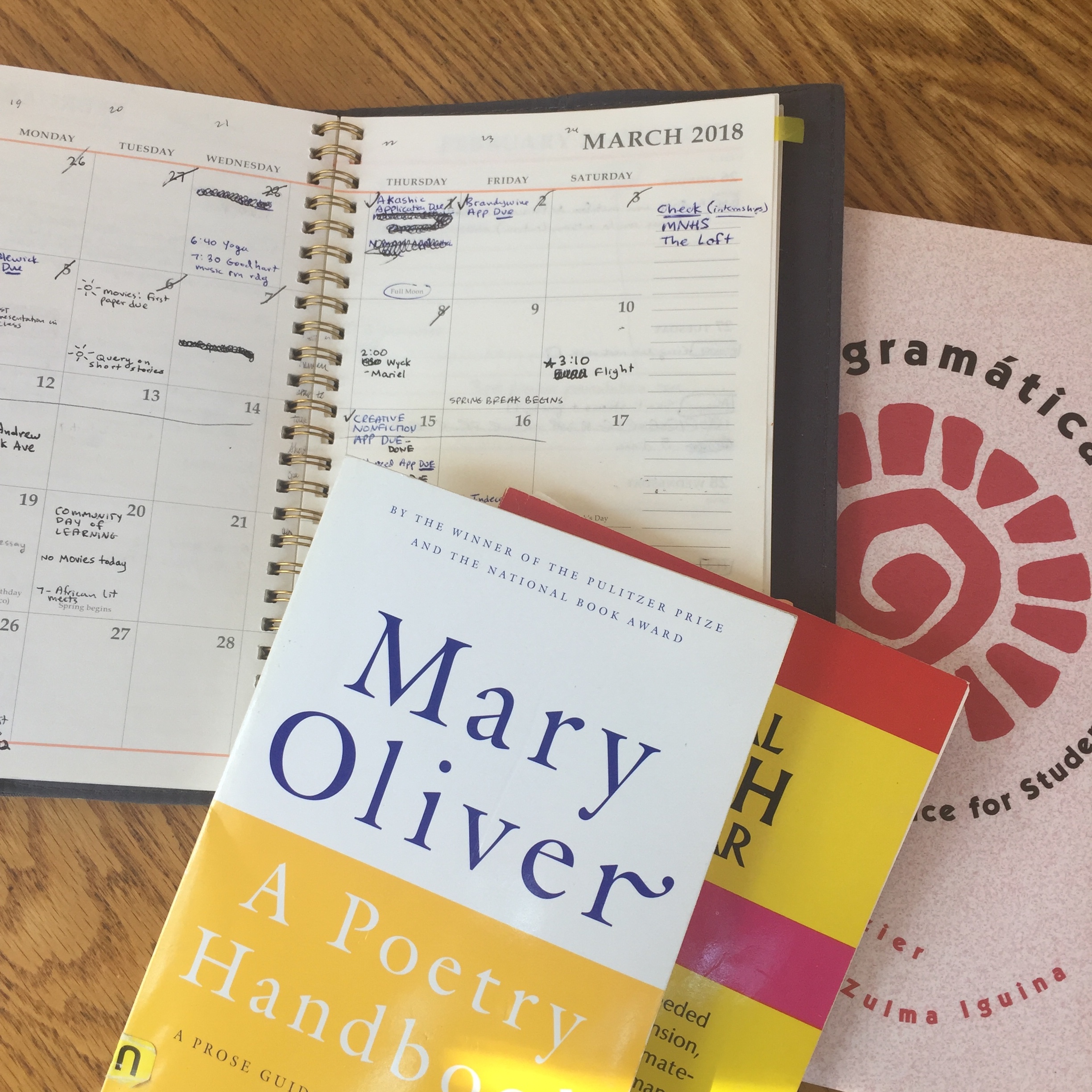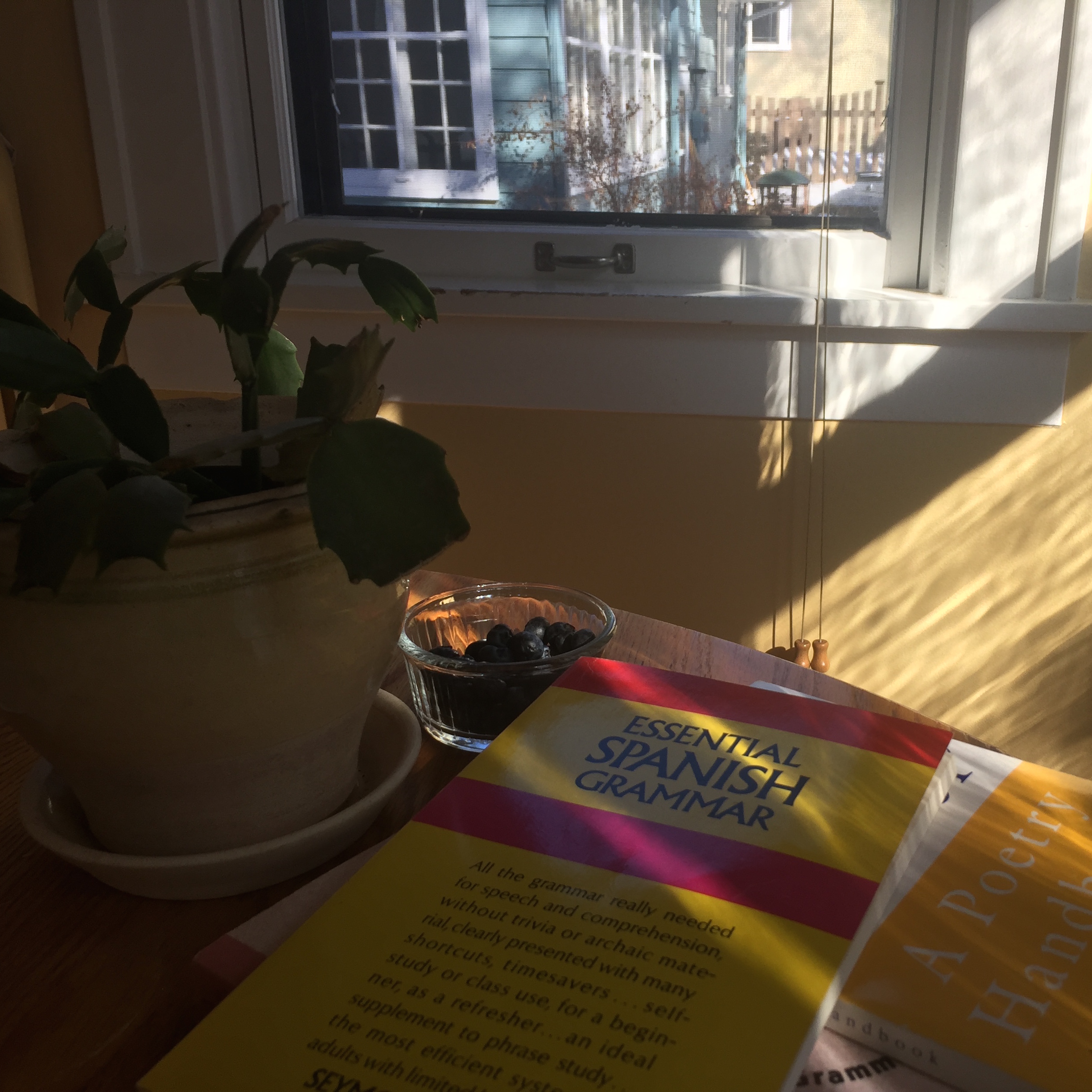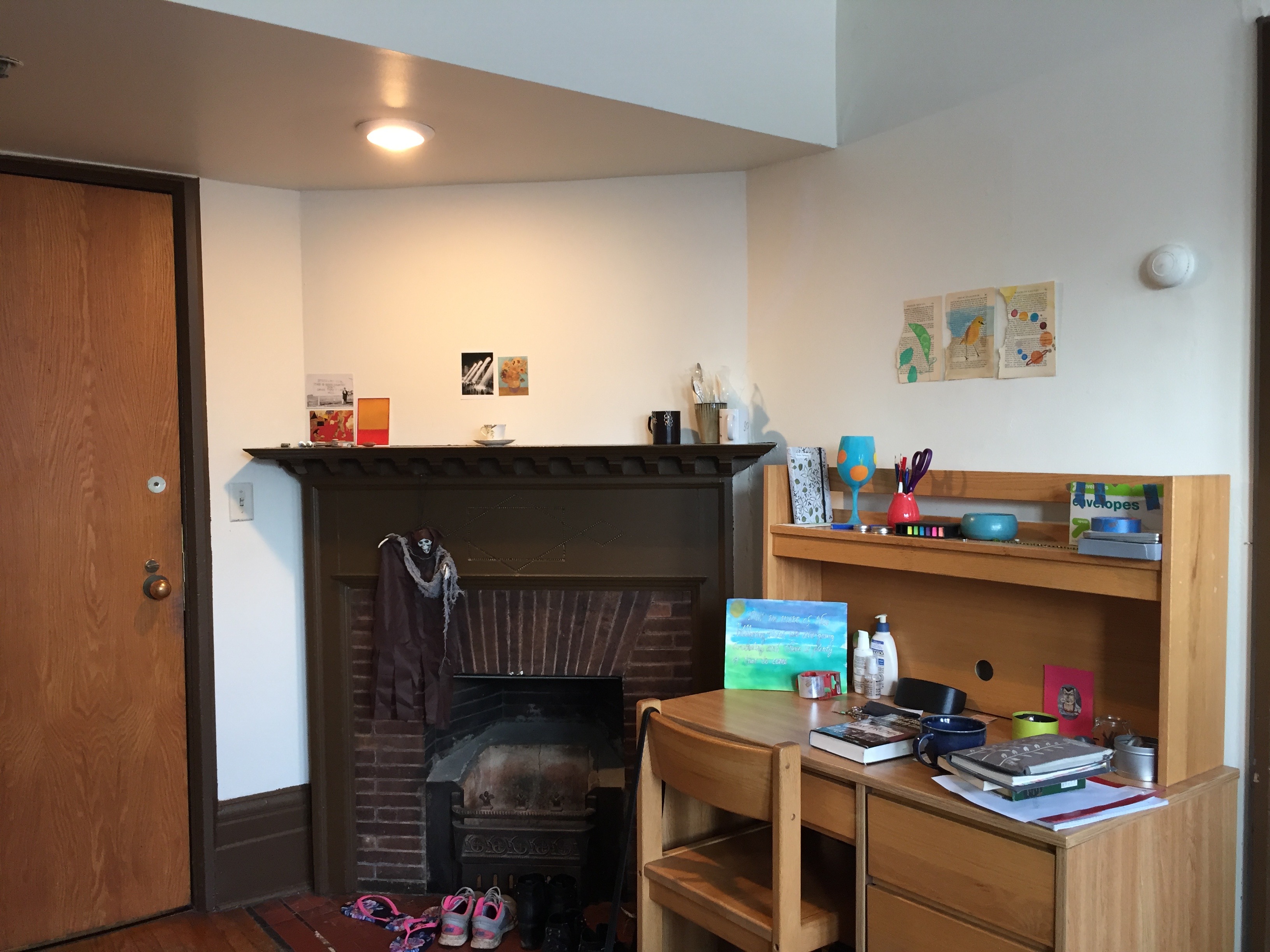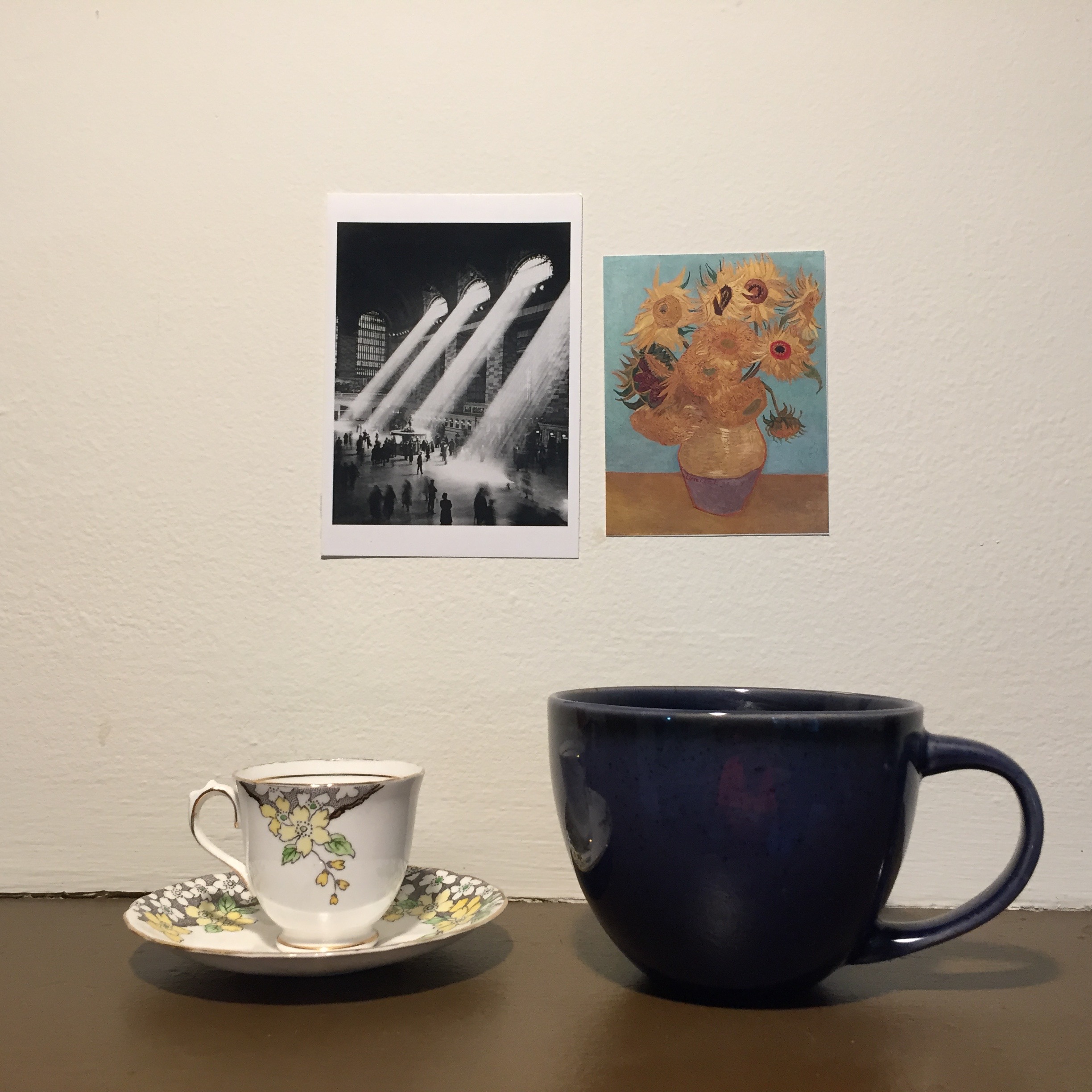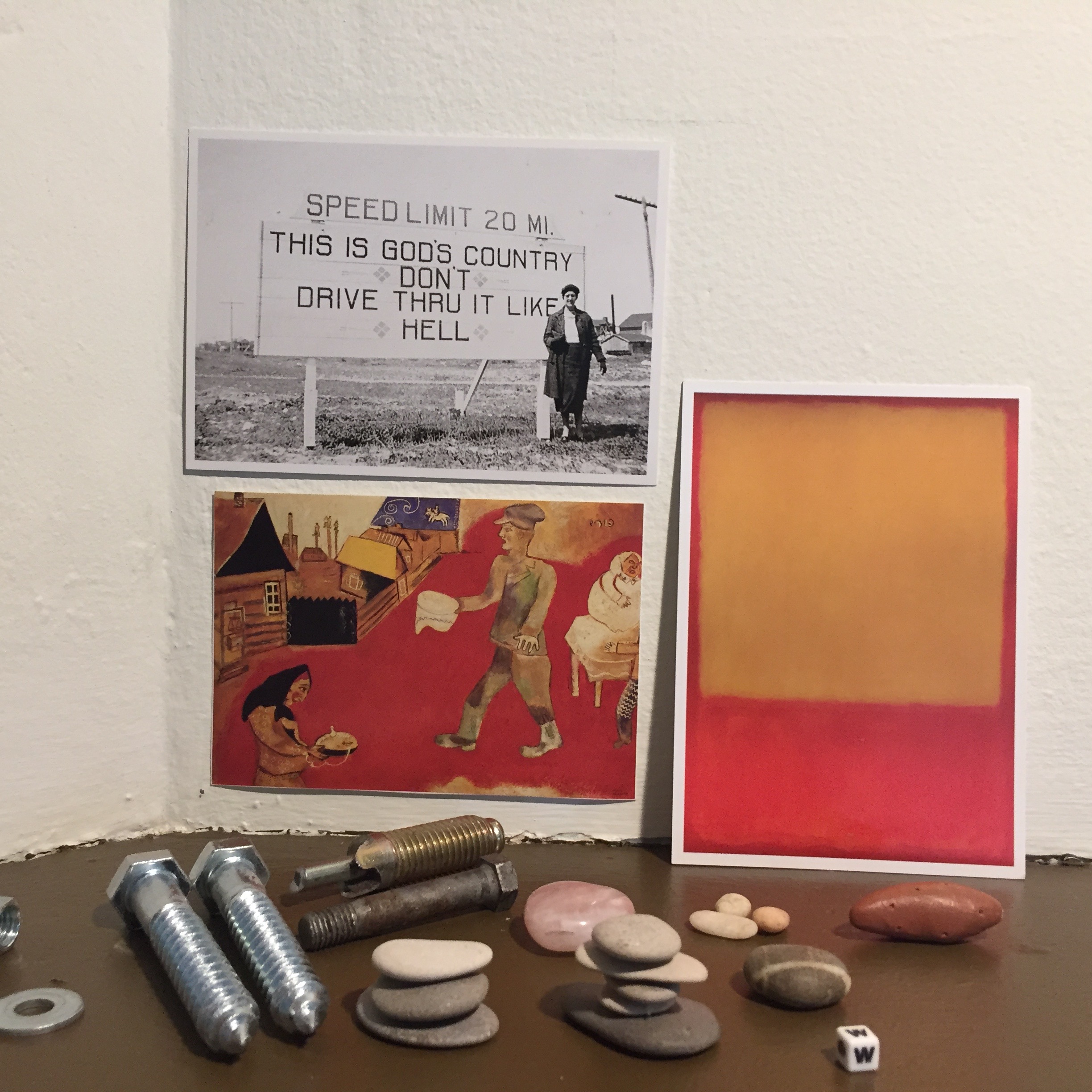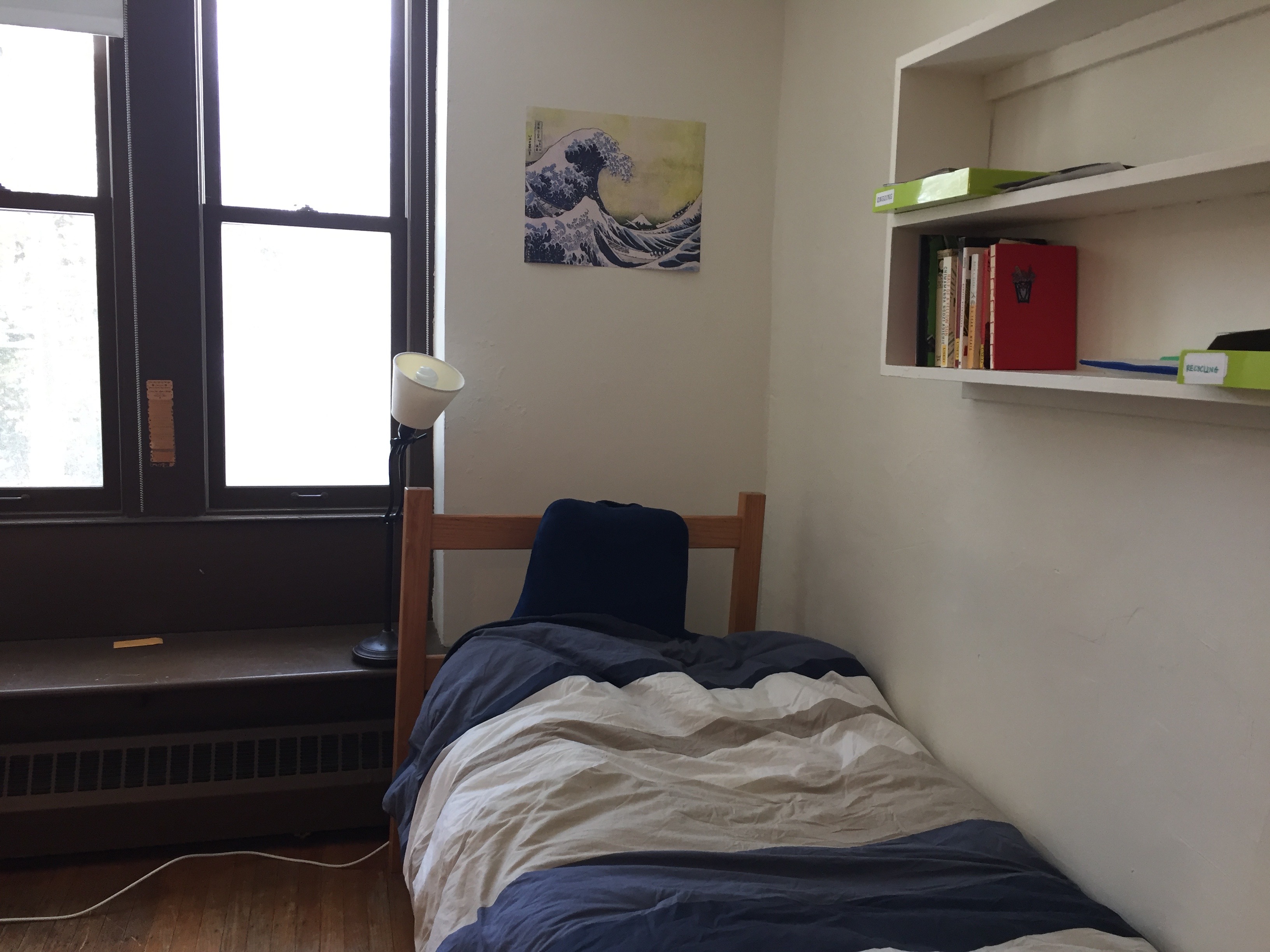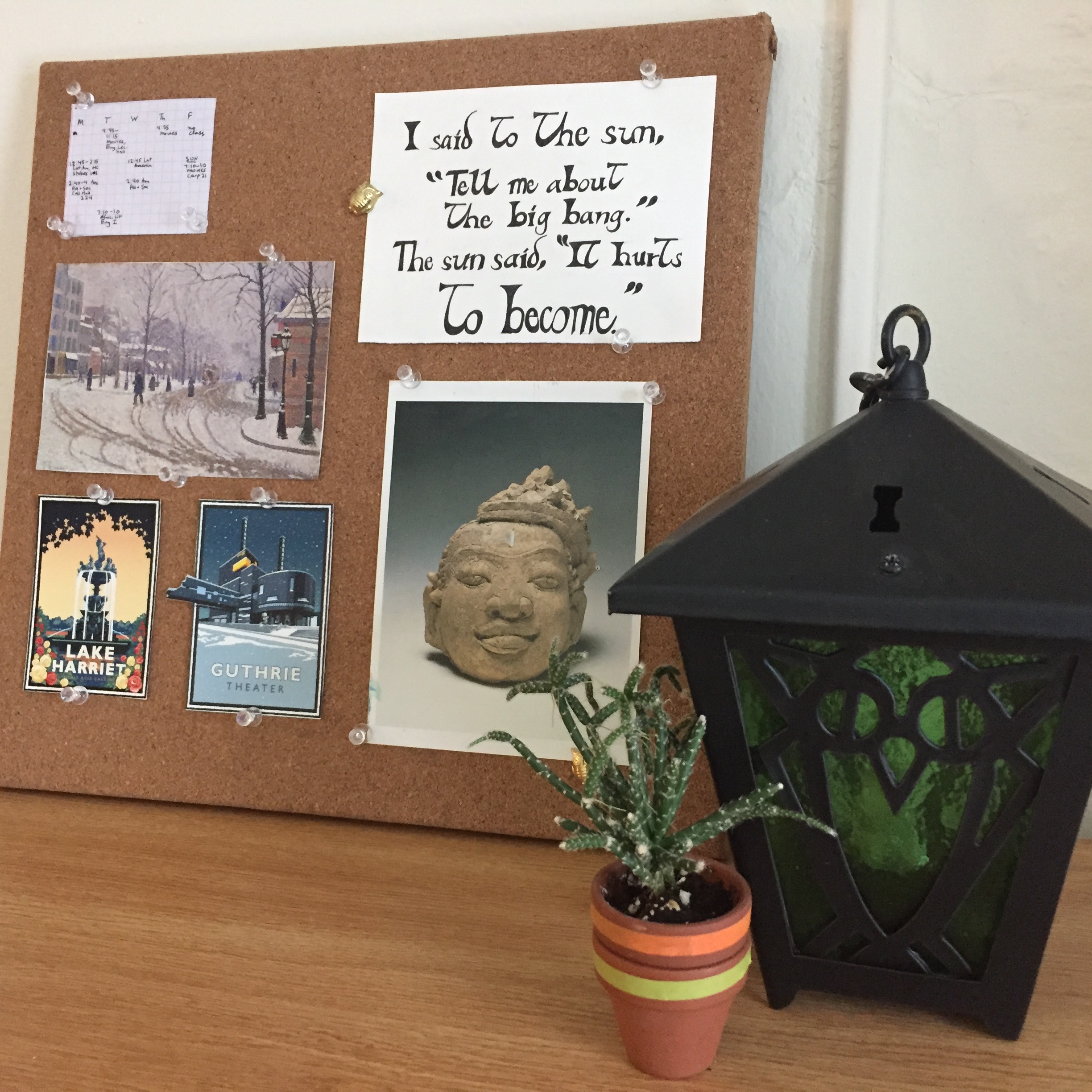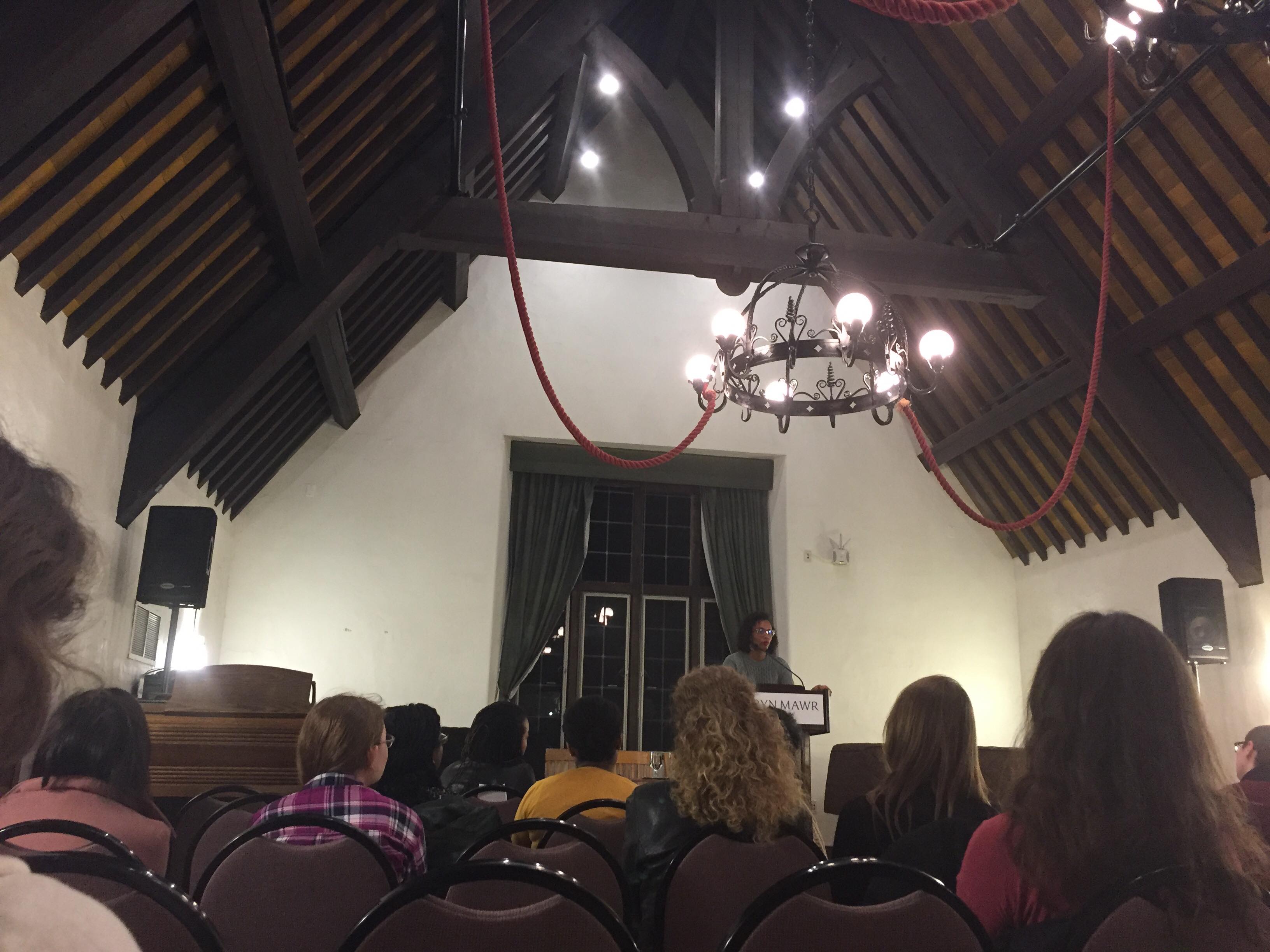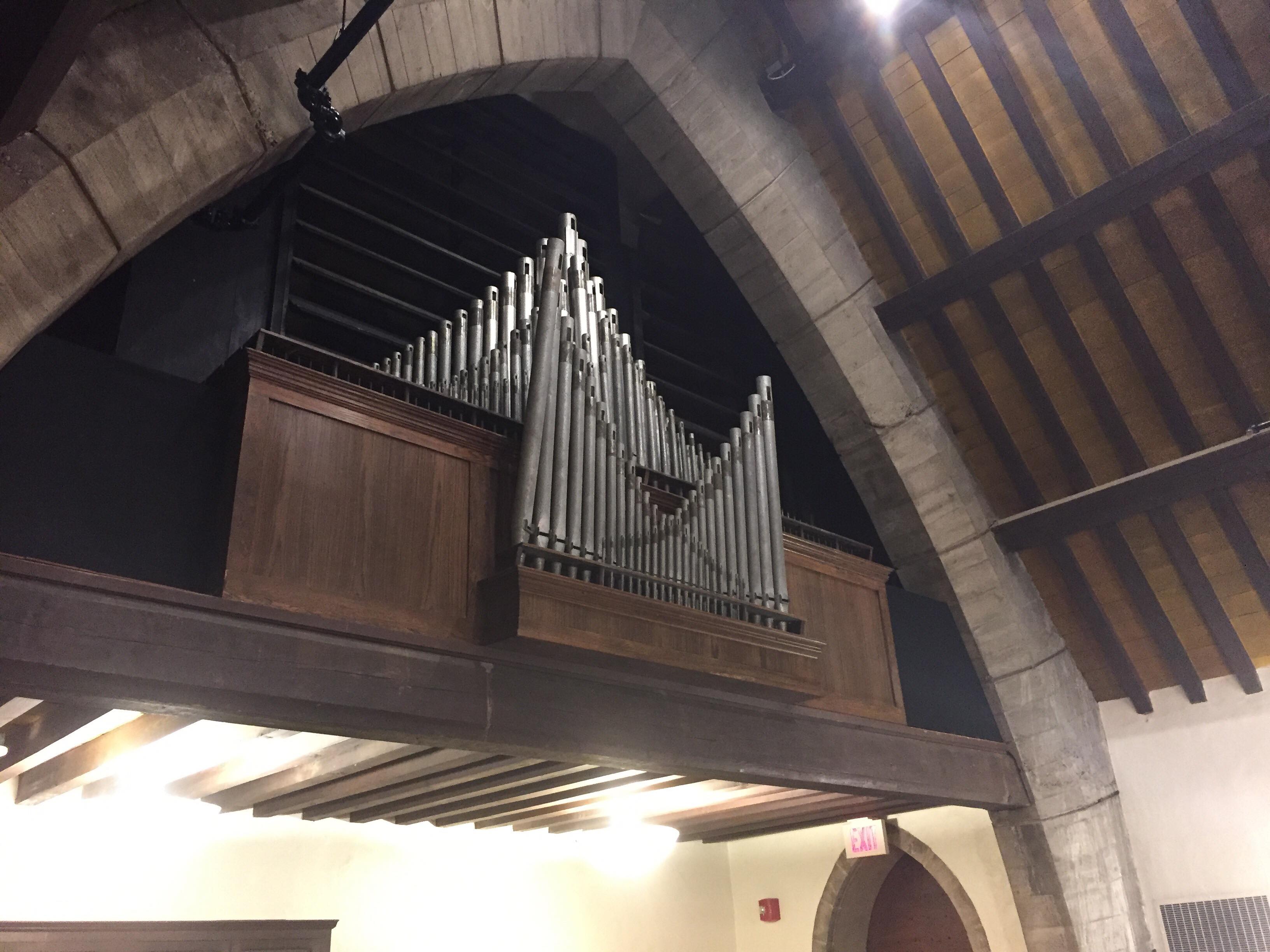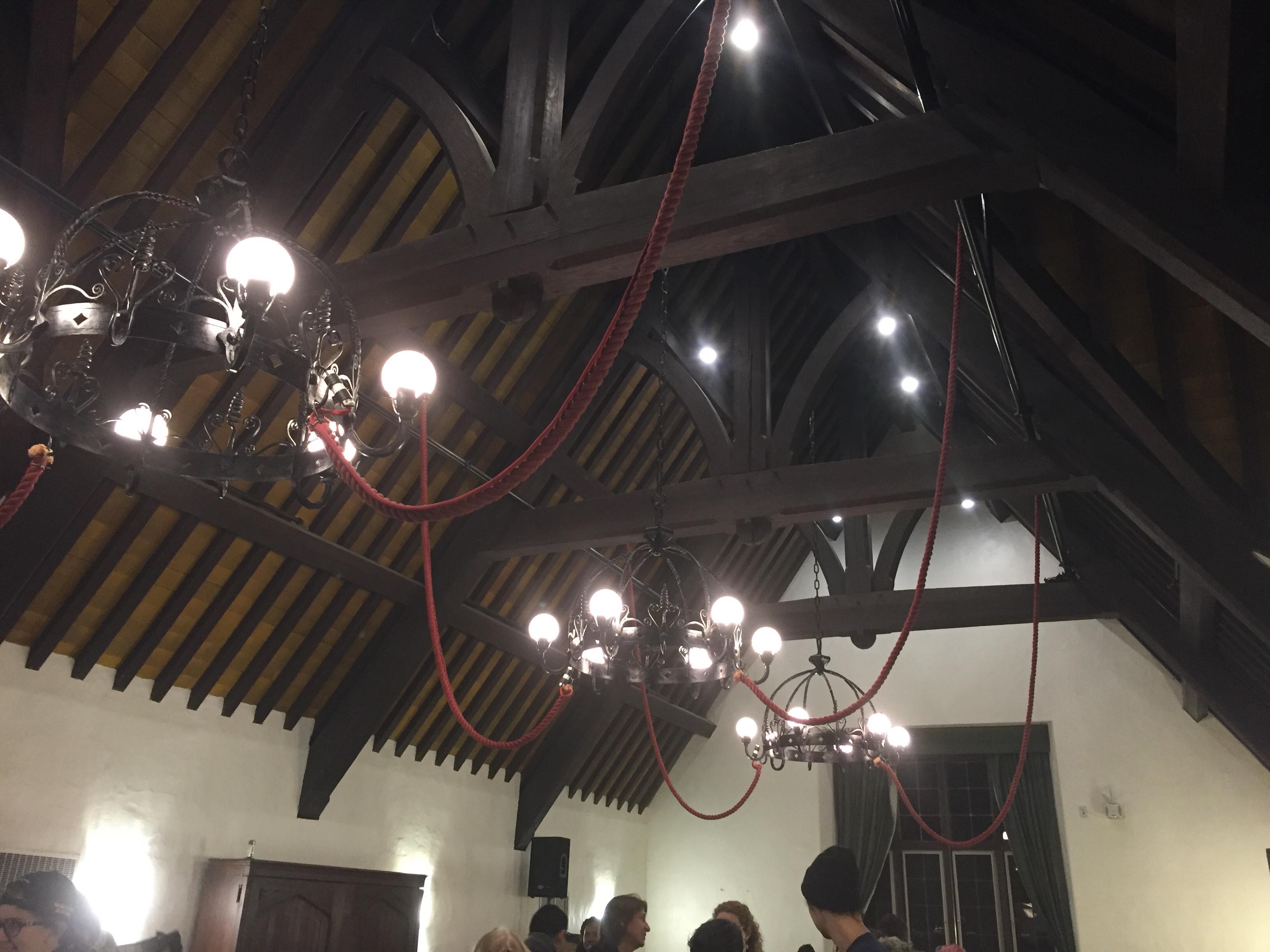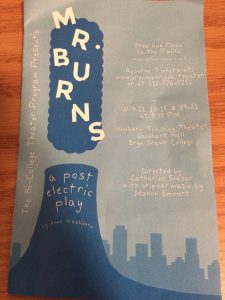
Bryn Mawr’s mainstage production this spring, “Mr. Burns, a Post-Electric Play,” could be described as dark. Not just because of piece’s post-apocalyptic themes, but because it took place without the usual burst of stage lighting that one might expect at the theater. As audience members entered, they were requested to hand over all electronic devices to an attendant for safekeeping, and informed that the only electricity used in the show was that which cast members could generate themselves. Because I didn’t have my phone with me, the only photo I can share from the evening is of the program.
The dimness of the scenes pulled the audience into the post-electric world of the play’s title. At a typical theater production, it’s easy to suspend your disbelief and grow accustomed to the unnatural lighting of the stage. In this play, the lack of light was at times a challenge, making it harder to see what was going on, and at times drew me into the performance, making me feel the reality of the events onstage.
Another example of the wonderful creativity of the production was how each of the three acts took place in a different location. The audience walked as a group to each, led by lantern-swinging attendants. The first act took place outdoors near the goose pond. In a previous, professional, production I saw of this play, this act was shown onstage in a conventional theater space, and used a replica of a flickering campfire as a prop. In Bryn Mawr’s production, the actors and audience sat around a bona fide fire. We could smell the smoke and feel the cool dusk air on our skin. Nostalgia, memories of childhood summers and beach sunsets, became flooded with unease as the characters’ conversation revealed that they were the survivors of a nuclear disaster.
I don’t want to reveal too much about the plot—if such a word even applies to the work’s nontraditional format—of this innovative play. The script is naturalistic, poignant, funny, and truly committed to the world it builds. The unexpected ending is a tour de force. To me, “Mr. Burns” works to discover how rituals originate. Maybe the myths we tell are not literally true, but they don’t need to be; they don’t exist to be logical, they exist to make sense of the world. The traditions that seem arbitrary, or irrelevant to the modern age, exist because at some time, our ancestors, sitting around a campfire, looked around the dark world and searched for patterns that made them feel safer.


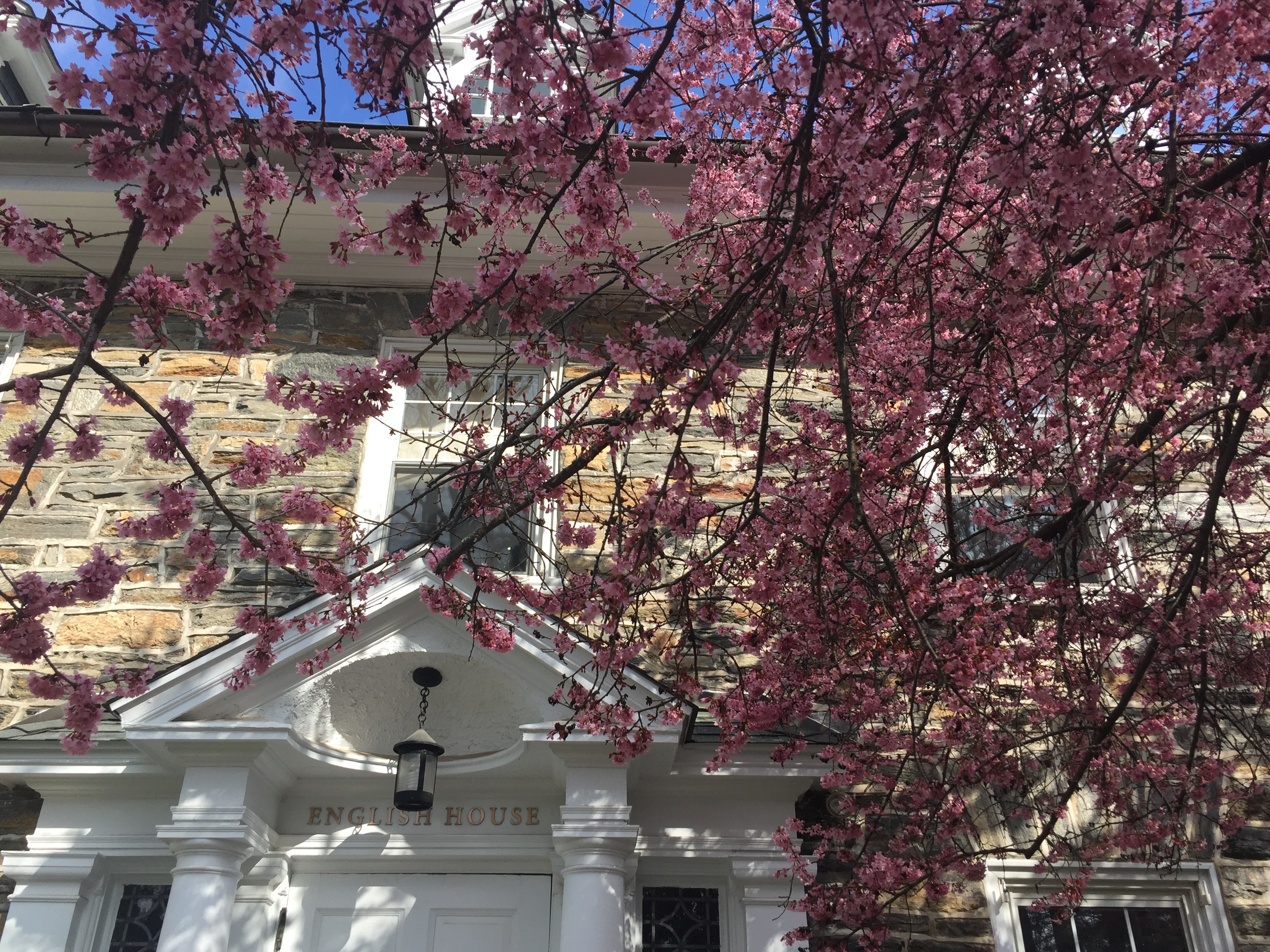
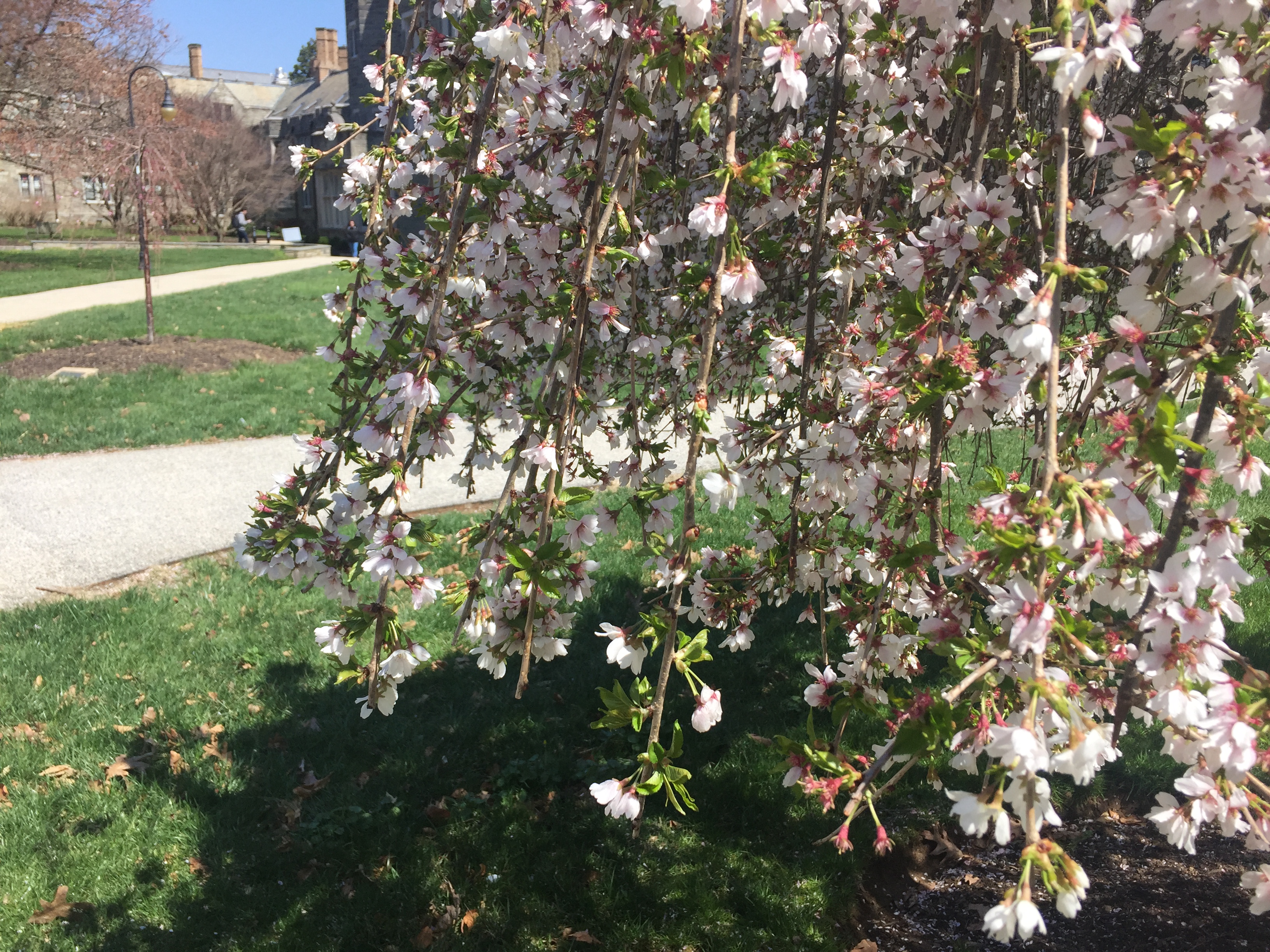
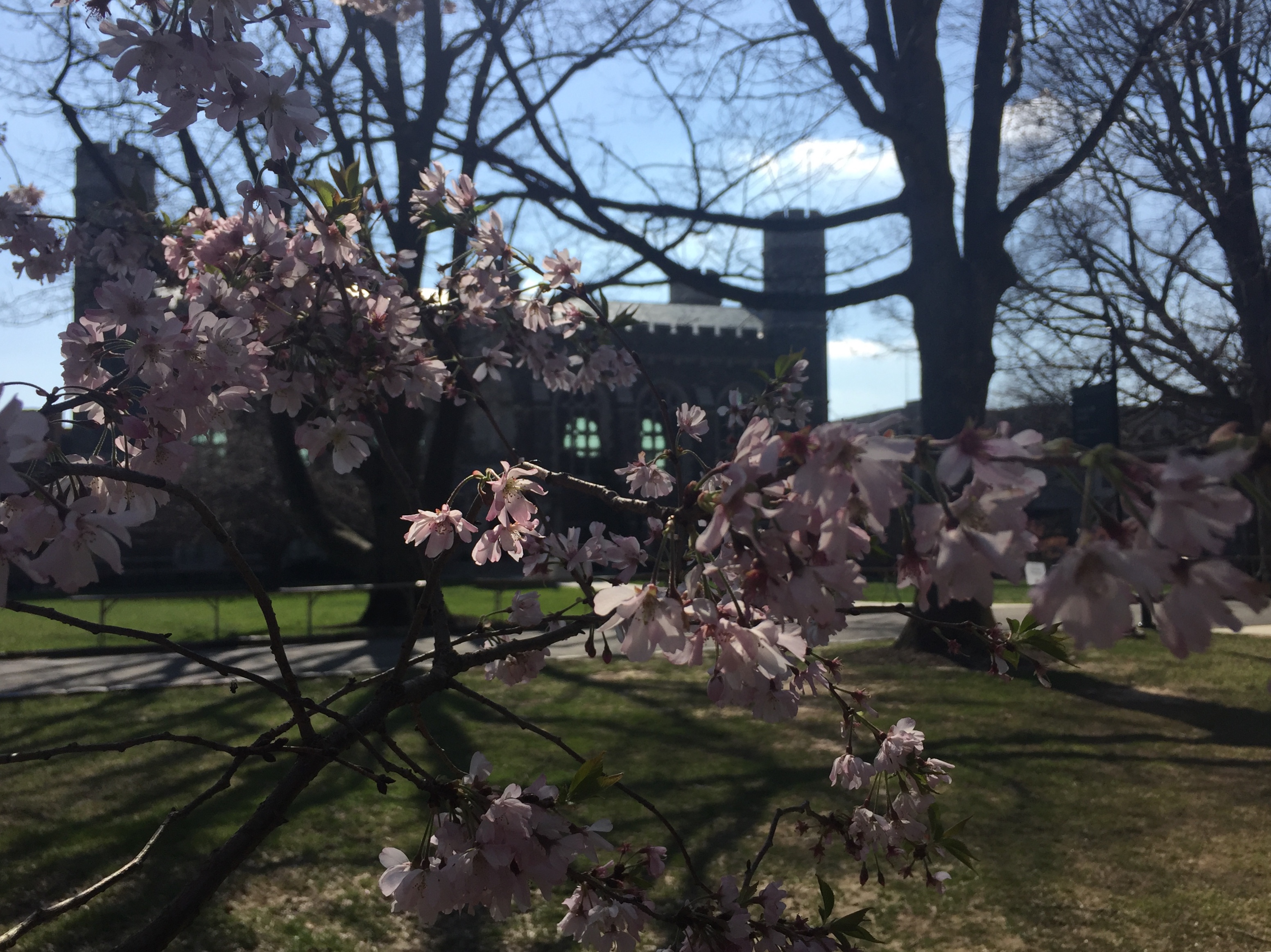
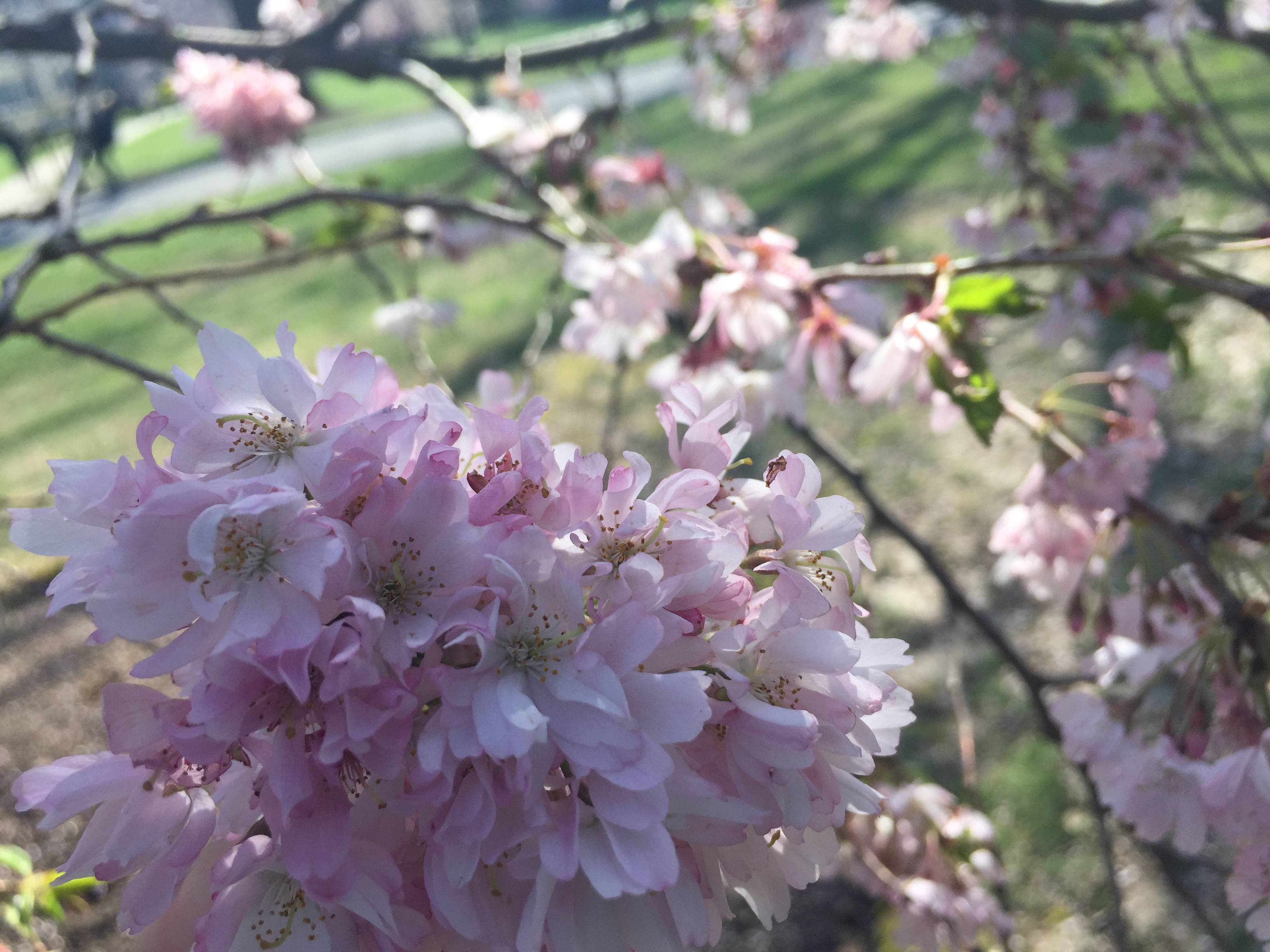

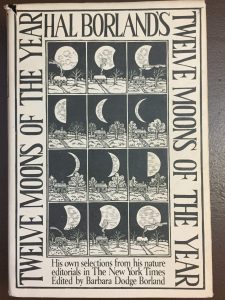
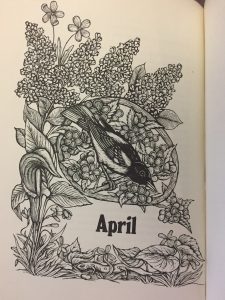

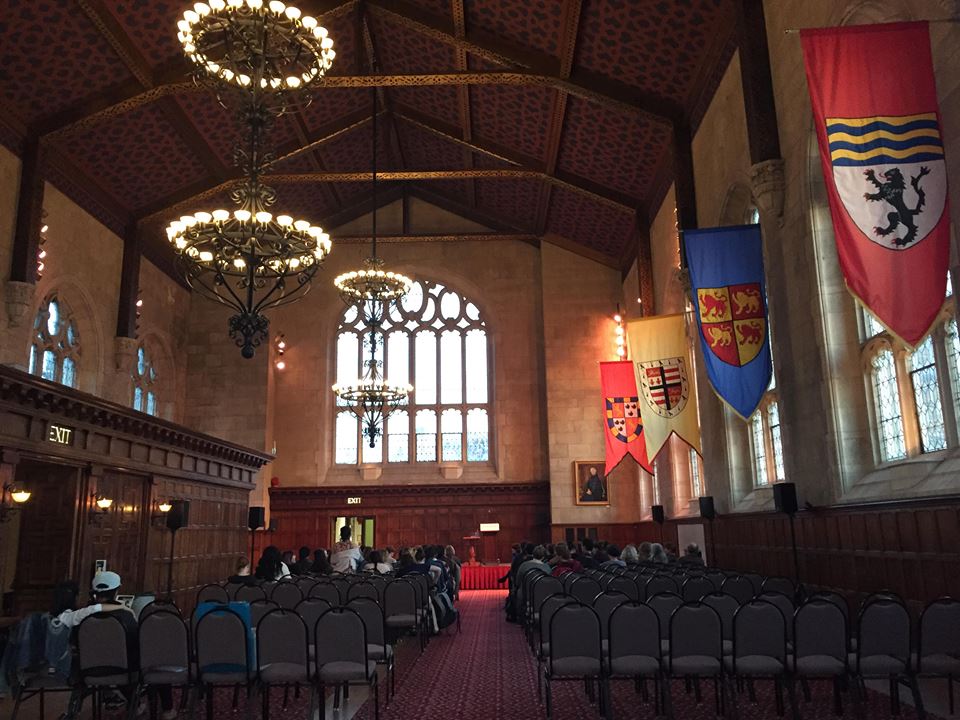 I found a seat in the Great Hall just minutes before the poet Ocean Vuong’s reading began. The setting sun cast rosy light through the high stained glass windows. “Ocean Vuong’s poetry takes a complex approach to all that geography holds, the intimate failures of history, and the victory available in visiting and revisiting one’s memories of space and time,” Professor Matthews of the Creative Writing department said in her introduction. Then the poet stood up and gave us a shy wave as he approached the podium. He said it was fitting, although almost redundant, to read in the church-like setting of the Great Hall, because “poetry is a kind of church.” With his round reading glasses and high collar, Vuong transformed into a temporary priest of poetry.
I found a seat in the Great Hall just minutes before the poet Ocean Vuong’s reading began. The setting sun cast rosy light through the high stained glass windows. “Ocean Vuong’s poetry takes a complex approach to all that geography holds, the intimate failures of history, and the victory available in visiting and revisiting one’s memories of space and time,” Professor Matthews of the Creative Writing department said in her introduction. Then the poet stood up and gave us a shy wave as he approached the podium. He said it was fitting, although almost redundant, to read in the church-like setting of the Great Hall, because “poetry is a kind of church.” With his round reading glasses and high collar, Vuong transformed into a temporary priest of poetry.